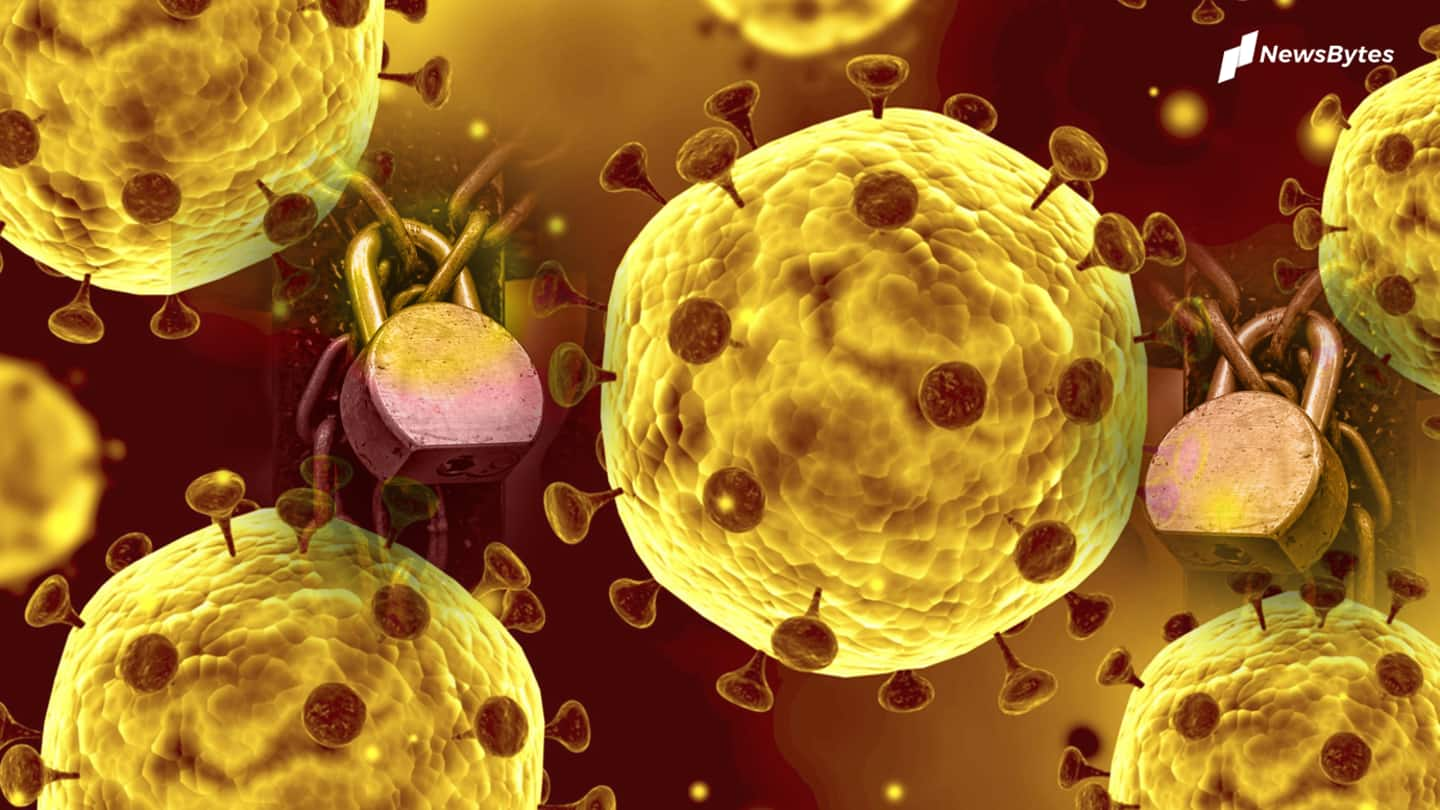
Coronavirus: What is the 'Feluda' test? How does it work?
What's the story
The Drugs Controller General of India (DCGI) has approved for commercial launch of a CRISPR-based test for COVID-19, called 'Feluda'.
The test is said to be more efficient than the RT-PCR (Reverse Transcription Polymerase Chain Reaction) tests that are currently the gold standard for detecting SARS-CoV-2.
So, what is the Feluda test and how does it work? Here's all you need to know.
Test
What is the Feluda test?
Feluda is an acronym for FNCAS9 Editor Linked Uniform Detection Assay.
The test has been developed by a research team led by Debojyoti Chakraborty and Souvik Maiti in a collaborative effort between the Tata group, the Indian Council of Medical Research (ICMR), and the CSIR-Institute of Genomics and Integrative Biology (IGIB).
It is a simple paper-strip diagnostic test, similar to existing pregnancy tests.
Methodology
How does the test work?
The Feluda test utilizes CRISPR (Clustered Regularly Interspaced Short Palindromic Repeats), a gene-editing technology.
It is the first-of-its-kind to make use of the Cas9 protein to detect the virus.
After obtaining viral samples through nasal or throat swabs, the viral RNA is first converted into DNA using the PCR method, which also amplifies the DNA amount.
Information
Cas9 protein barcoded to bind with viral DNA
The Cas9 protein is barcoded to interact with SARS-CoV-2 DNA. Once the protein binds to the viral DNA, the Cas9-SARS-CoV2 complex is placed on a paper strip. A result in the form of two lines indicates infection, while a single line means a negative result.
Efficiency
How efficient is the Feluda test?
The Feluda test can generate results in less than 30 minutes, making it faster as compared to RT-PCR.
The antibody tests give results in 20-30 minutes.
The Feluda has 96% sensitivity (ability to correctly detect true positives) and 98% specificity (ability to correctly detect true negatives).
The test is also less expensive. Reportedly, it is likely be used in field settings soon.
Cost
How much does the test cost?
The 'Feluda' test costs just about Rs. 500, a fourth of what a comparable RT-PCR test would cost.
The RT-PCR test is now priced anywhere between Rs. 1,600 to Rs. 2,000, while antibody tests cost around Rs. 500 to Rs. 600.
The TruNat test kit, which can generate a test result within 60 minutes, is priced at about Rs. 1,300.